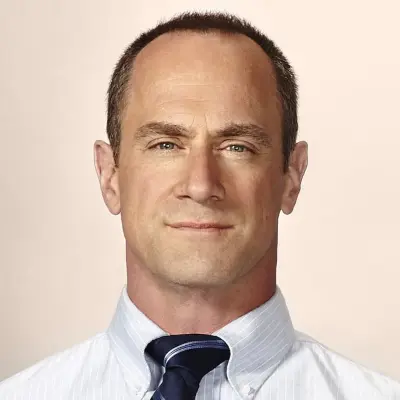Law & Order: Organized Crime promised a more enlightened take on the police procedural, but it closed out Season 1 with more of the same
-

"The series premiere, 'What Happens In Puglia,' briefly gave cause for optimism that Organized Crime wouldn’t just be 'business as usual,' that the writers and producers behind this show and others like it might actually want to engage in a meaningful discussion about police reform (abolition is a bridge too far for this genre) and the role that pop culture has played in unquestioningly valorizing the police," says Danette Chavez. "But it wasn’t long before Organized Crime fell into the established rhythms of the crime procedural, and its lead character was once again shielded from reproach. Stabler’s killed six people on the job, literally quit because he didn’t want to 'jump through hoops' of accountability, and has an Internal Affairs file so large that Chief Garland (Demore Barnes) only had time to skim it for the 'lowlights.' Now he’s part of yet another elite team, the Organized Crime Control Bureau, and has yet another supportive partner whose last name starts with a B (Danielle Moné Truitt as Sgt. Ayanna Bell). The character’s popularity aside, it was a gamble to bring back Stabler at a time when real-life calls for reform and responsibility have only grown in the wake of George Floyd’s murder and the hundreds of other fatal shootings by police in the last year." Chavez adds: "Organized Crime premiered as police accountability and reform permeated the national conversation, with a rogue cop character and its own raison d’être in need of an overhaul. Wolf and his team hinted at a new, more enlightened Elliot Stabler, one who understood he couldn’t go off half-cocked all the time. Of course, Elliot immediately and repeatedly lost his cool in the premiere, but gained some semblance of control as the season went on. The show also attempted to engage with the larger cultural conversation by positioning Bell as a counterpoint to Stabler—a level-headed cop who knew much more about injustice than Elliot ever will. Art imitated life as the show tried to use Black people in high-ranking roles (Bell’s OC character and Barnes’ SVU character) to deflect criticism about the deep-seated racism in the legal system. But, just as Stabler is wont to do, Organized Crime stumbled upon its more resonant points."
TOPICS: Law & Order: Organized Crime, NBC, Christopher Meloni, Black Lives Matter
More Law & Order: Organized Crime on Primetimer:- TV Today: Norman Lear Celebrates 100 Years of Music & Laughter, Law & Order Crosses Over
- Law & Order: Organized Crime Crew Member Killed While Filming On Location in New York
- Law and Order's Christopher Meloni Goes Nude in Cheeky Peloton Ad
- Law & Order Set to Make History With Potential Three-Show Crossover Event
